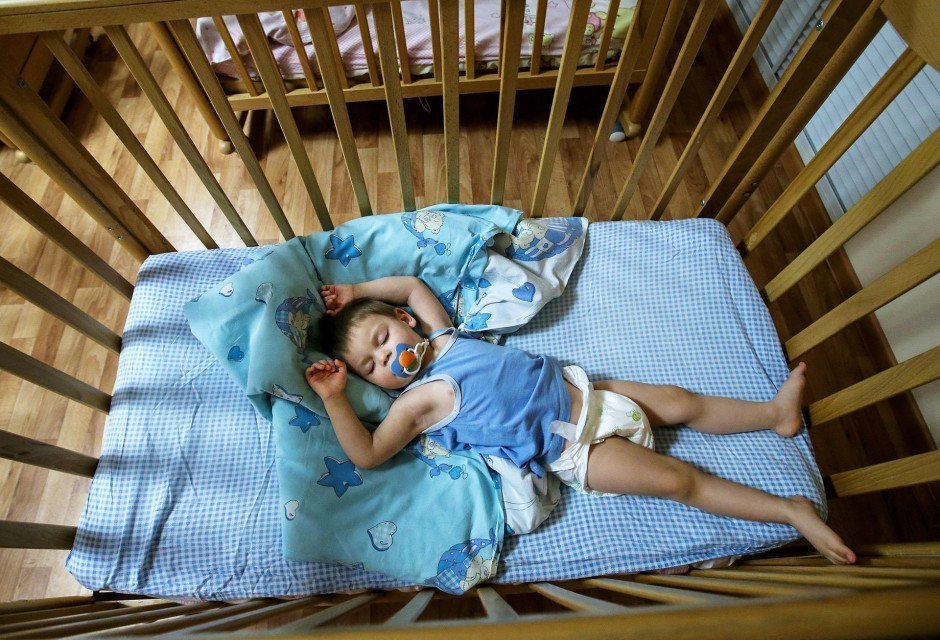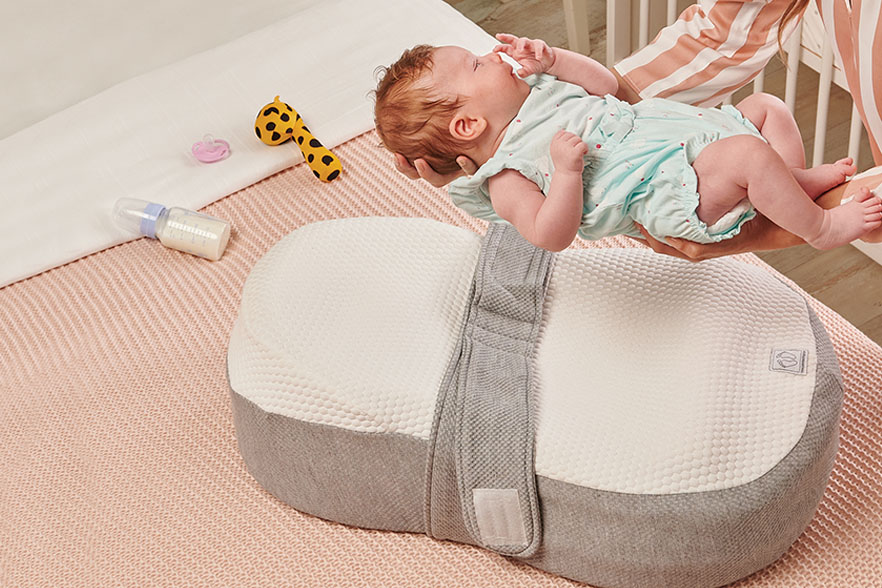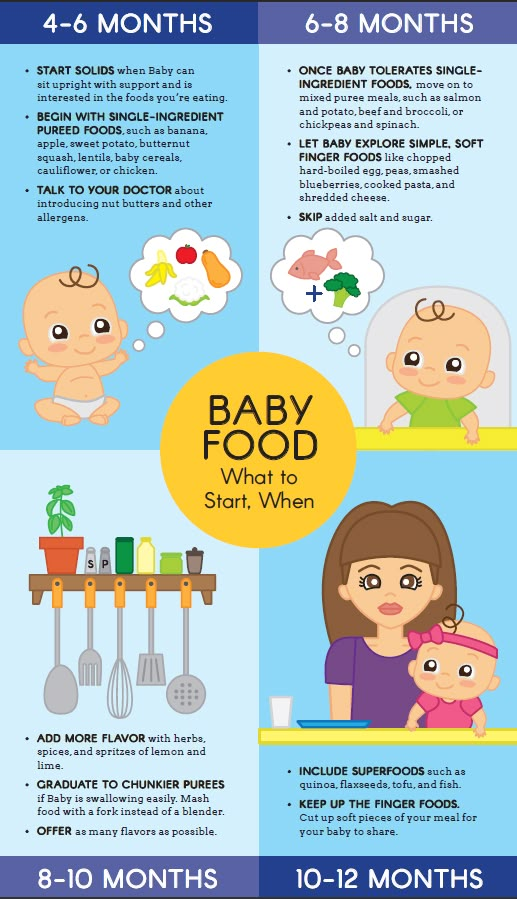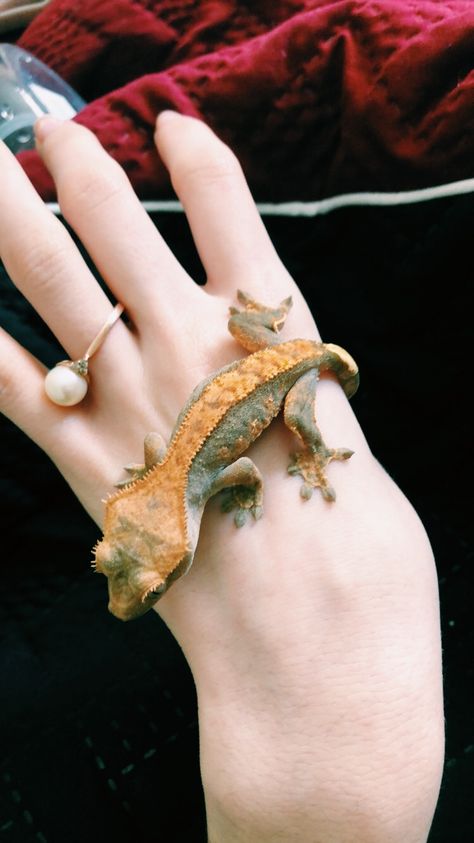Baby snores after feeding
Newborn Snoring: Why Does This Happen?
Overview
Newborns often have noisy breathing, especially when they’re sleeping. This breathing can sound like snoring, and may even be snoring! In most cases, these noises are not a sign of something dangerous.
The nasal passages of newborns are very small, so the least bit of dryness or extra mucus in their noses can make them snore or have noisy breathing. Sometimes, what sounds like snoring is just how they breathe as a newborn. As they grow, a newborn’s breathing typically gets quieter.
However, if your baby starts snoring, and has other symptoms, you’ll want to make sure that those noises aren’t an indication of something more serious.
Read on to learn about possible causes of snoring in babies.
A stuffy nose
More often than not, snoring babies simply have stuffy noses. If that’s the case, nasal blockages can be cleared up and remedied by using saline drops.
As babies grow, the size of their nostrils increases, and the problem of snoring usually subsides with age.
However, snoring can occasionally indicate more serious issues.
If your baby’s snoring continues and worsens after using saline drops, Kerrin Edmonds, a California-based pediatric sleep consultant, recommends recording the sounds with a camera or tape recorder and playing them for the pediatrician.
Other causes of snoring
Loud snoring can be a sign of many things, including enlarged tonsils or adenoids, a deviated septum, or even sleep apnea.
“Even though snoring is just our body making a sound, it’s usually a symptom of a greater issue, and all of the possible issues make it harder for our children to breathe and get quality sleep,” says Edmonds.
A deviated septum may be a relatively common occurrence in the first days after birth, appearing in nearly 20 percent of all newborns, according to one study. Many of these babies have no symptoms from this, though, and it may resolve with time. However, other causes of snoring are more likely to appear in older children than in babies.
Though many children snore, only 1 to 3 percent of children experience sleep apnea, and chances are, they’re between the ages of 3 and 6.
Dr. Thomas M. Seman, a Massachusetts-based board-certified pediatrician, says parents should be concerned if their children are habitual mouth breathers.
A child who snores, is a poor eater, or doesn’t gain weight well may have significant mouth, throat, lung, or cardiac issues. Many of these issues would most likely be known relatively early on in the child’s life, but they may develop over the first year.
Laryngomalacia
Snoring in babies can also be a sign of laryngomalacia. This condition causes a softening of the tissues of the voice box, or larynx. The laryngeal structure is malformed and floppy, which causes the tissues to fall over the airway opening and partially block it.
Ninety percent of children will see their symptoms resolve without treatment. The condition usually goes away on its own by 18 to 20 months of age.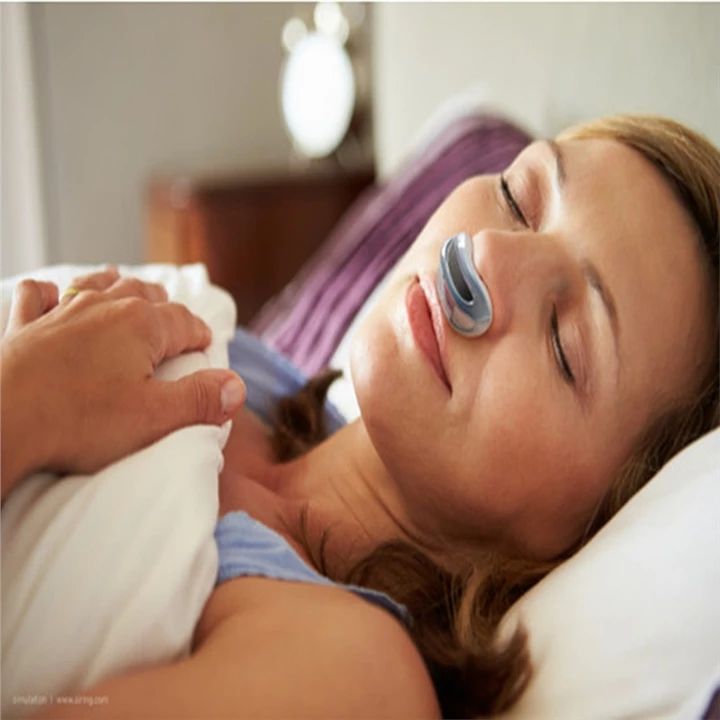
For the very few babies with severe laryngomalacia that interferes with breathing or eating, a breathing tube can be used or reconstructive surgery can be performed. Breathing tubes can occasionally cause infections, which can lead to the need for reconstructive surgery as well.
The primary goal of laryngotracheal reconstruction surgery is to establish a permanent, stable airway for a child to breathe without the use of a breathing tube. Surgery can also improve voice and swallowing issues.
Consequences of improper sleep
Children who habitually snore may not be getting proper deep waves of sleep if they also have sleep apnea. Their bodies may wake them up due to labored breathing and the buildup of carbon dioxide within the partially collapsed or blocked airways.
Not only is labored breathing noisy but it impedes proper sleep, causing additional problems.
Sleep deprivation can be detrimental to growth and development. It can even be associated with:
- poor weight gain
- behavior resembling attention deficit hyperactivity disorder (ADHD)
- bedwetting
- night terrors
- obesity
Any child with the following symptoms should be fully evaluated by their pediatrician:
- having a hard time sleeping at night
- having difficulty breathing during the day
- getting winded easily
- having a difficult time eating and gaining weight
- snoring with long pauses (more than ten seconds) between breaths
Sleep testing and other screenings
While sleep tests are usually recommended for older children, it’s a procedure that could be necessary if a child has abnormal snoring issues that began in infancy.
If your toddler or child needs to undergo sleep tests, or a polysomnogram, The National Sleep Foundation recommends making the most of it.
For instance, the parent can sleep in the room with the child, wearing the same pajamas, ordering takeout food, and staying up late. That way, the sleep test will feel more like a slumber party than a medical exam.
Other medical screenings for snoring babies and children may include:
- endoscopic exams to provide direct views of the airway
- pulmonary function tests (PFTs) to evaluate the lungs
- CT scans
- MRI tests
- voice and swallowing screenings
Takeaway
Snoring in babies is rarely the result of a serious medical condition. Stuffy noses, the most common cause of snoring, can be managed with simple home remedies, or may not need any treatment at all. A deviated septum or laryngomalacia may also not require any treatment.
However, if you’re concerned about your child’s snoring or breathing, make an appointment with their pediatrician. The doctor can talk to you, examine your baby, and perform tests and screenings if needed to determine what’s causing the snoring.
The doctor can talk to you, examine your baby, and perform tests and screenings if needed to determine what’s causing the snoring.
Newborn Snoring: Why Does This Happen?
Overview
Newborns often have noisy breathing, especially when they’re sleeping. This breathing can sound like snoring, and may even be snoring! In most cases, these noises are not a sign of something dangerous.
The nasal passages of newborns are very small, so the least bit of dryness or extra mucus in their noses can make them snore or have noisy breathing. Sometimes, what sounds like snoring is just how they breathe as a newborn. As they grow, a newborn’s breathing typically gets quieter.
However, if your baby starts snoring, and has other symptoms, you’ll want to make sure that those noises aren’t an indication of something more serious.
Read on to learn about possible causes of snoring in babies.
A stuffy nose
More often than not, snoring babies simply have stuffy noses. If that’s the case, nasal blockages can be cleared up and remedied by using saline drops.
If that’s the case, nasal blockages can be cleared up and remedied by using saline drops.
As babies grow, the size of their nostrils increases, and the problem of snoring usually subsides with age.
However, snoring can occasionally indicate more serious issues.
If your baby’s snoring continues and worsens after using saline drops, Kerrin Edmonds, a California-based pediatric sleep consultant, recommends recording the sounds with a camera or tape recorder and playing them for the pediatrician.
Other causes of snoring
Loud snoring can be a sign of many things, including enlarged tonsils or adenoids, a deviated septum, or even sleep apnea.
“Even though snoring is just our body making a sound, it’s usually a symptom of a greater issue, and all of the possible issues make it harder for our children to breathe and get quality sleep,” says Edmonds.
A deviated septum may be a relatively common occurrence in the first days after birth, appearing in nearly 20 percent of all newborns, according to one study.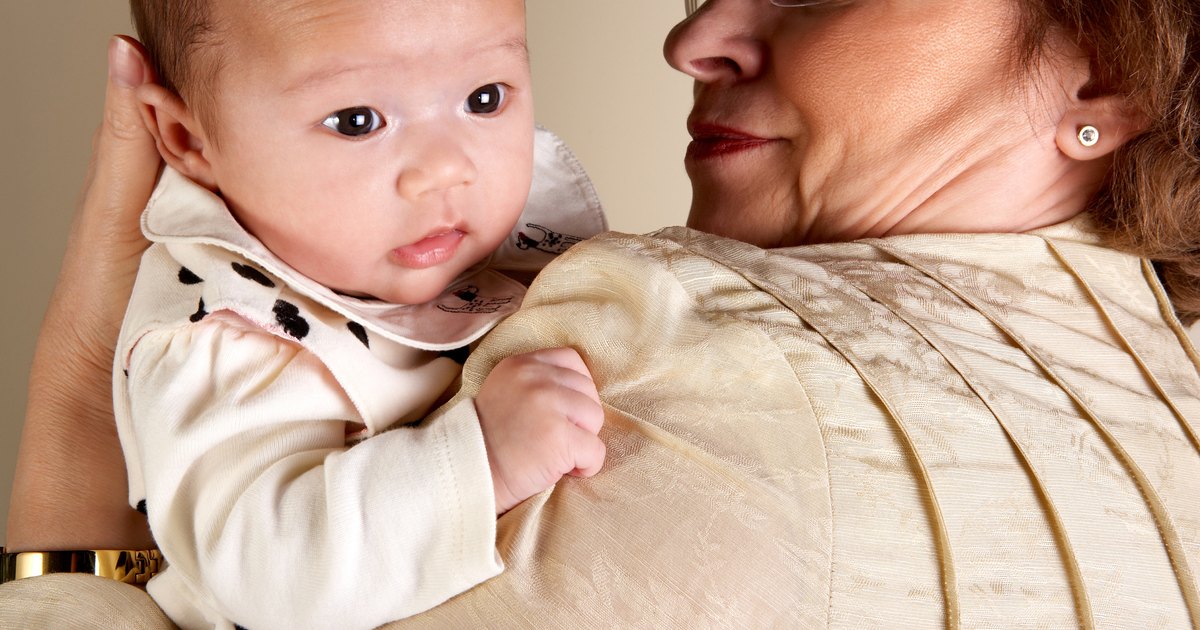 Many of these babies have no symptoms from this, though, and it may resolve with time. However, other causes of snoring are more likely to appear in older children than in babies.
Many of these babies have no symptoms from this, though, and it may resolve with time. However, other causes of snoring are more likely to appear in older children than in babies.
Though many children snore, only 1 to 3 percent of children experience sleep apnea, and chances are, they’re between the ages of 3 and 6.
Dr. Thomas M. Seman, a Massachusetts-based board-certified pediatrician, says parents should be concerned if their children are habitual mouth breathers.
A child who snores, is a poor eater, or doesn’t gain weight well may have significant mouth, throat, lung, or cardiac issues. Many of these issues would most likely be known relatively early on in the child’s life, but they may develop over the first year.
Laryngomalacia
Snoring in babies can also be a sign of laryngomalacia. This condition causes a softening of the tissues of the voice box, or larynx. The laryngeal structure is malformed and floppy, which causes the tissues to fall over the airway opening and partially block it.
Ninety percent of children will see their symptoms resolve without treatment. The condition usually goes away on its own by 18 to 20 months of age.
For the very few babies with severe laryngomalacia that interferes with breathing or eating, a breathing tube can be used or reconstructive surgery can be performed. Breathing tubes can occasionally cause infections, which can lead to the need for reconstructive surgery as well.
The primary goal of laryngotracheal reconstruction surgery is to establish a permanent, stable airway for a child to breathe without the use of a breathing tube. Surgery can also improve voice and swallowing issues.
Consequences of improper sleep
Children who habitually snore may not be getting proper deep waves of sleep if they also have sleep apnea. Their bodies may wake them up due to labored breathing and the buildup of carbon dioxide within the partially collapsed or blocked airways.
Not only is labored breathing noisy but it impedes proper sleep, causing additional problems.
Sleep deprivation can be detrimental to growth and development. It can even be associated with:
- poor weight gain
- behavior resembling attention deficit hyperactivity disorder (ADHD)
- bedwetting
- night terrors
- obesity
Any child with the following symptoms should be fully evaluated by their pediatrician:
- having a hard time sleeping at night
- having difficulty breathing during the day
- getting winded easily
- having a difficult time eating and gaining weight
- snoring with long pauses (more than ten seconds) between breaths
Sleep testing and other screenings
While sleep tests are usually recommended for older children, it’s a procedure that could be necessary if a child has abnormal snoring issues that began in infancy.
If your toddler or child needs to undergo sleep tests, or a polysomnogram, The National Sleep Foundation recommends making the most of it.
For instance, the parent can sleep in the room with the child, wearing the same pajamas, ordering takeout food, and staying up late.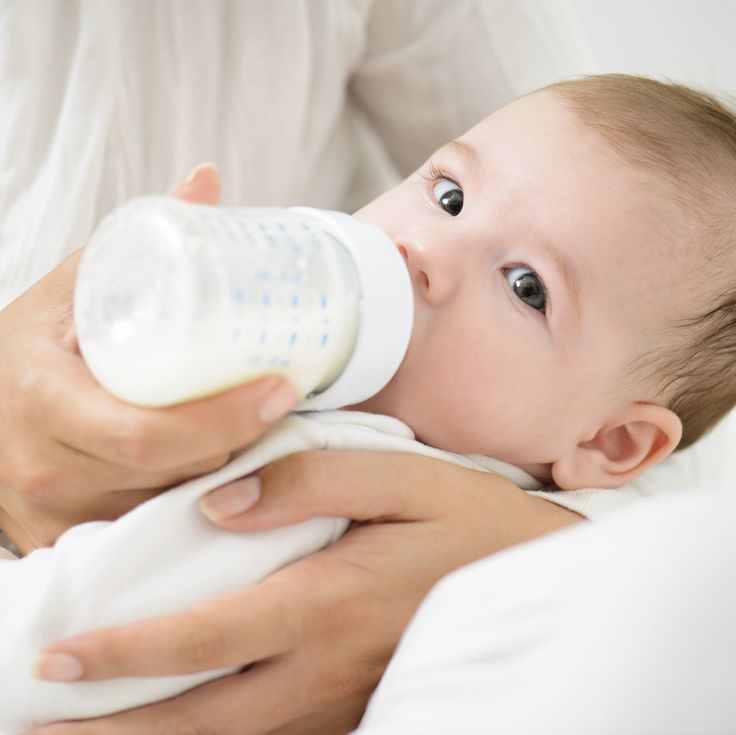 That way, the sleep test will feel more like a slumber party than a medical exam.
That way, the sleep test will feel more like a slumber party than a medical exam.
Other medical screenings for snoring babies and children may include:
- endoscopic exams to provide direct views of the airway
- pulmonary function tests (PFTs) to evaluate the lungs
- CT scans
- MRI tests
- voice and swallowing screenings
Takeaway
Snoring in babies is rarely the result of a serious medical condition. Stuffy noses, the most common cause of snoring, can be managed with simple home remedies, or may not need any treatment at all. A deviated septum or laryngomalacia may also not require any treatment.
However, if you’re concerned about your child’s snoring or breathing, make an appointment with their pediatrician. The doctor can talk to you, examine your baby, and perform tests and screenings if needed to determine what’s causing the snoring.
The child snores in his sleep. Causes of heavy snoring in newborns
The child snores in his sleep. Causes of heavy snoring in newborns
Causes of heavy snoring in newborns Children's snoring is quite common. It can be situational or pathological. In any of the cases, parents should be wary - a healthy child should not snore.
Dry initial milk formula adapted by Valio Baby 1 NutriValio for feeding children from birth to 6 months Read more
Follow-up dry milk formula adapted by Valio Baby 2 NutriValio for feeding children from 6 to 12 months More
Dry milk drink "Baby milk" Valio Baby 3 NutriValio for feeding children over 12 months Read more
If we are talking about crumbs, then you should not worry. Snoring in a newborn (a baby of the first 28 days of life) is most often the norm. Babies at this age have too narrow nasal passages. If the parents did not clean them thoroughly enough, the child may snore in his sleep. However, if snoring does not go away after 1–2 months, you should be wary and consult a pediatrician.
If the parents did not clean them thoroughly enough, the child may snore in his sleep. However, if snoring does not go away after 1–2 months, you should be wary and consult a pediatrician.
What can cause a child to snore?
- Anatomical features (narrow nasal passages, deviated nasal septum, etc.)
- Room microclimate. If the air in the room is too dry and warm, the child may snore in his sleep, as allergic or domestic mucus accumulates in his nasopharynx. That is why it is so important to remove carpets, heavy curtains, unnecessary upholstered furniture from the children's room - the environment should be minimalistic and comfortable enough for frequent wet cleaning. According to pediatricians, in 80% of cases, babies stop snoring at night if the air temperature in the room does not exceed 18 ° C, and the humidity is kept at around 50-70%.
- Runny nose caused by a cold. This situation is easy to understand and explain - as soon as the baby gets better and his nose is no longer blocked, snoring will disappear.
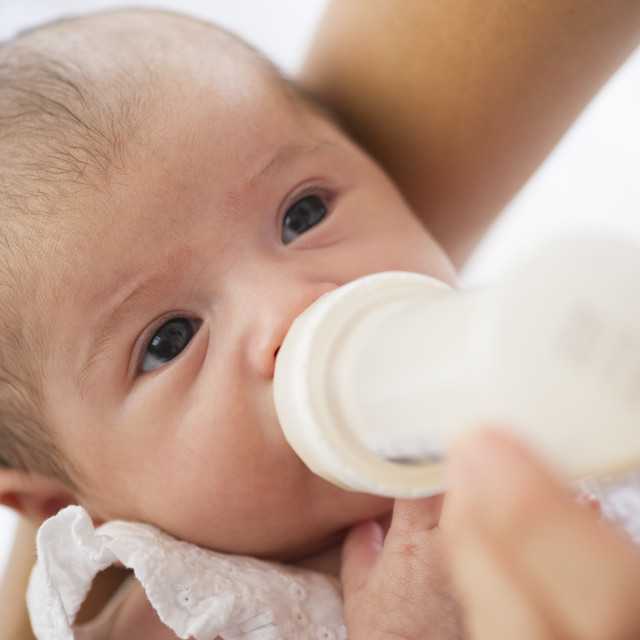 If this does not happen, you should pay closer attention to the health of the child.
If this does not happen, you should pay closer attention to the health of the child. - Enlarged adenoids. These glands are located deep in the nasopharynx and perform an extremely important function - they "catch" all the microbes that enter the child's body in order to remember and pass on the information necessary to develop protection against bacteria and viruses (note: adult adenoids do not, since immunity has already been formed, the reduction of these glands begins at about 7 years of age). Adenoids become inflamed when a child's body cannot cope with hostile microorganisms entering it.
Adenoids are the most common cause of children's snoring.
For the correct treatment of this disease, a mandatory consultation with an ENT doctor is required.
Why is snoring dangerous in children?
A child who snores in his sleep does not get enough sleep. He does not produce somatotropic hormone. This can lead to growth retardation. Snoring always provokes respiratory arrest, which means that the brain and other organs experience oxygen starvation. With complicated forms of snoring, such periods can reach 10 seconds or even more. This is a symptom of a serious illness - obstructive sleep apnea syndrome (OSAS). If it is not treated, the child will develop worse, so during the day he will constantly feel lethargic, tired, will be capricious and have little interest in the world around him.
Snoring always provokes respiratory arrest, which means that the brain and other organs experience oxygen starvation. With complicated forms of snoring, such periods can reach 10 seconds or even more. This is a symptom of a serious illness - obstructive sleep apnea syndrome (OSAS). If it is not treated, the child will develop worse, so during the day he will constantly feel lethargic, tired, will be capricious and have little interest in the world around him.
Also often, children with similar problems develop attention deficit hyperactivity disorder.
What to do to prevent children's snoring?
Strengthen immunity. The child should receive a balanced diet (breast milk or a quality adapted milk formula). It is important to temper the baby, often be with him in the fresh air. And, of course, do not ignore any symptoms that may indicate that your child is not healthy.
#PROMO_BLOCK#
3.21 14
Power supplyShare:
Ivargizova Oksana
Medical Institute.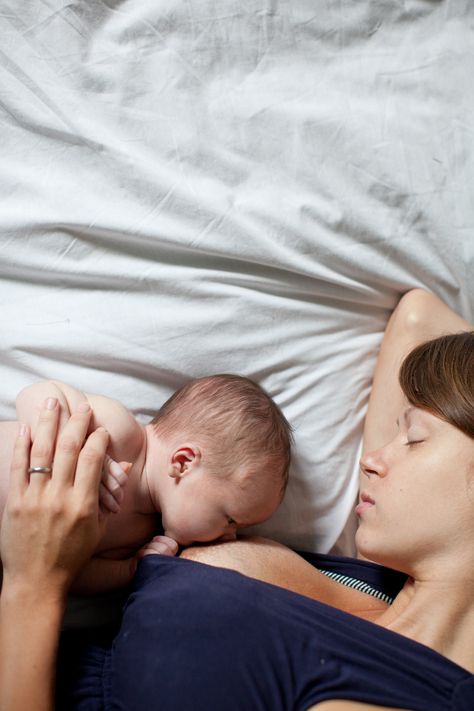 Pavlova, specialization - pediatrics
Pavlova, specialization - pediatrics
You may be interested
Author: Reetta Tikanmäki
Palm oil in baby food
Infant milk formulas are made from cow's milk. However, in terms of fat composition, it differs significantly from that of the mother.
Read
Author: Oksana Ivargizova
How to choose a formula for your baby
Breast milk is the best food for a newborn baby. It contains all the necessary nutritional components that fully meet the needs of the child and are necessary for his healthy and harmonious development.
Read
Show all
We want to make our site more convenient for you, so we collect analytical data about your visit using cookies.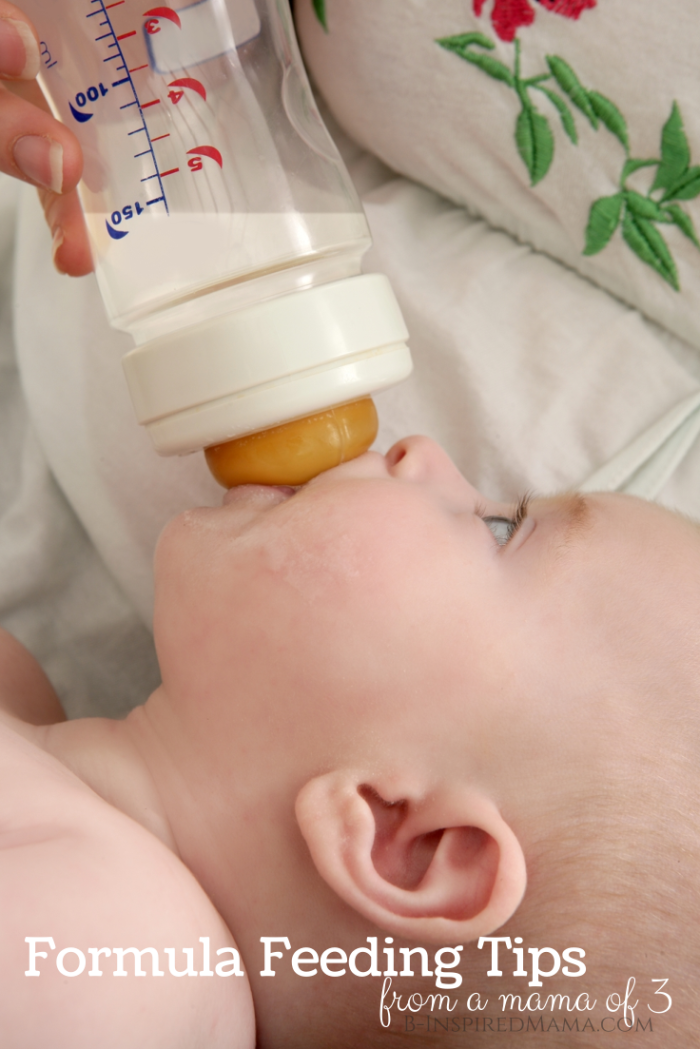 By continuing to use the site, you agree to this. For more information on the collection and processing of data, please see the Personal Data Processing Policy.
By continuing to use the site, you agree to this. For more information on the collection and processing of data, please see the Personal Data Processing Policy.
Password recovery
To recover your password, enter your e-mail, which you specified during registration. We will send you a message with further instructions to this e-mail
Thank you for contacting us!
A letter with information to reset your password
has been sent to your mail
Back to the site
YOUR CITY -
?
Yes Change
We want to make our site more convenient for you, so we collect analytical data about your visit using cookies. By continuing to use the site, you agree to this. For more information on the collection and processing of data, please see the Personal Data Processing Policy.
SELECT CITY
Why does the baby... snore? And how to distinguish "dangerous snoring" from the usual | Child health | Health
Tatyana Ressina
Estimated reading time: 3 minutes
1
I will say right away: this does not just happen, this is how it should be. It is no coincidence that in a famous song it is sung: "Snub noses sniff." Babies really snore. From the point of view of physiology, this is understandable. Newborns have a large chest and a large head, which means they need a lot of oxygen. And the nasal passages are still narrow. That is why they sniffle, inhaling the air intensely. Over time, this phenomenon disappears, because the nasal passages expand and sniffing stops. Therefore, do not panic ahead of time. It is possible that your baby does not snore, but sniffles.
Distinguishing "normal" glanders from pathological manifestations in infants is very simple. Watch your baby suckling. If he puffs, but his chest does not drop, he is not nervous, then he has something to breathe. So there is no pathology.
The second commonplace problem that can cause glanders or snoring is crusts in the nose . When there is a “horned goat” in the nose, that’s why the guys can’t breathe. It speaks of poor child care. His nose needs to be cleaned regularly. But by no means with a stick. To do this, you need to make a wick out of cotton wool, moisten it with vaseline oil and wipe the nasal passages. On the skin moistened in this way, the crusts subsequently “slide” themselves.
The third reason is runny nose . An adult will snore from him, not like a child. Runny nose, of course, must be treated. And here I would like to give a little advice to young mothers: in no case treat a baby with ready-made drops bought on your own in pharmacies, even on the advice of the same pharmacist.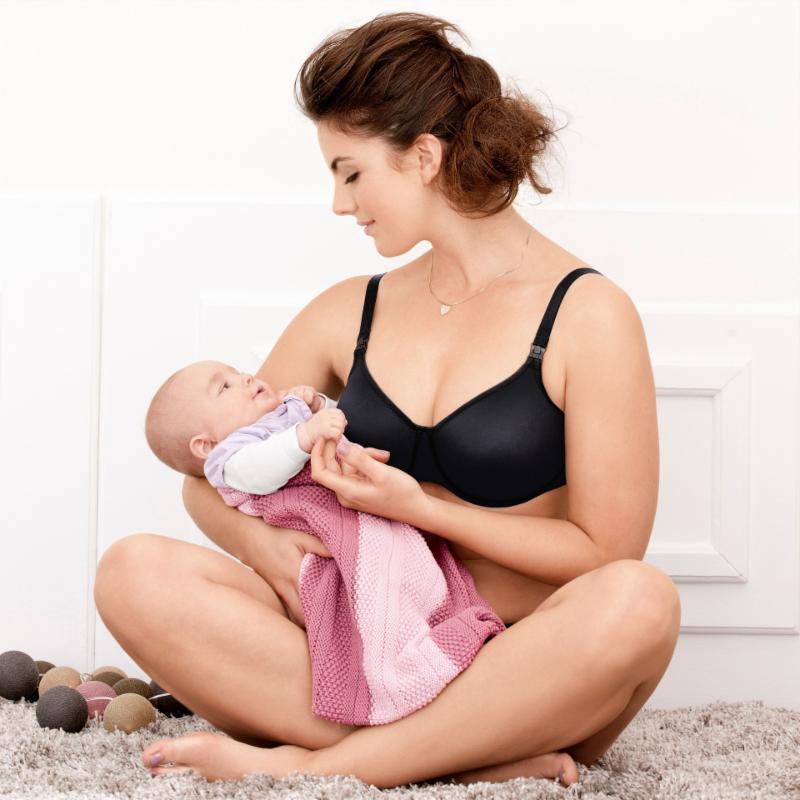 Only a pediatrician can prescribe exactly the drops that are needed. You may even have to order them in the production department of the pharmacy.
Only a pediatrician can prescribe exactly the drops that are needed. You may even have to order them in the production department of the pharmacy.
The fact is that many drops are not suitable for babies. For example, pinosol and others, which include menthol. And in no case should children under three years of age take this substance, since there may be a spasm of the glottis.
There are several other reasons why an infant may snore. But they, to be honest, are already unpleasant, because they belong to pathology.
A baby can be born with congenital adenoids . It is very difficult to say unequivocally what to do in this case. Here the doctor decides everything: treat or remove. And it all depends on the extent to which the adenoids are located.
Choanal atresia is another pathology called in medical language. This is when the posterior opening of the nasal cavity (in the place where it passes into the pharynx) is narrowed, not developed. Then the child can also snore. With this pathology, doctors make an unequivocal conclusion - to operate. However, the child should be consulted and operated only in specialized clinics.
Then the child can also snore. With this pathology, doctors make an unequivocal conclusion - to operate. However, the child should be consulted and operated only in specialized clinics.
But before assuming a pathology and in order not to be scared to death, first take a closer look at your baby and listen: maybe he is still snoring?..
- What suffers from love? Sex Injury Rating →
- Intimate pains: who is to blame and what to do →
- How insidious is a nervous tic in a child →
Next article
You may also be interested in
- Snoring: what is dangerous and how to deal with it
- Women are more sensitive to pain, but cope with it easier than men
- Intimate questions.
